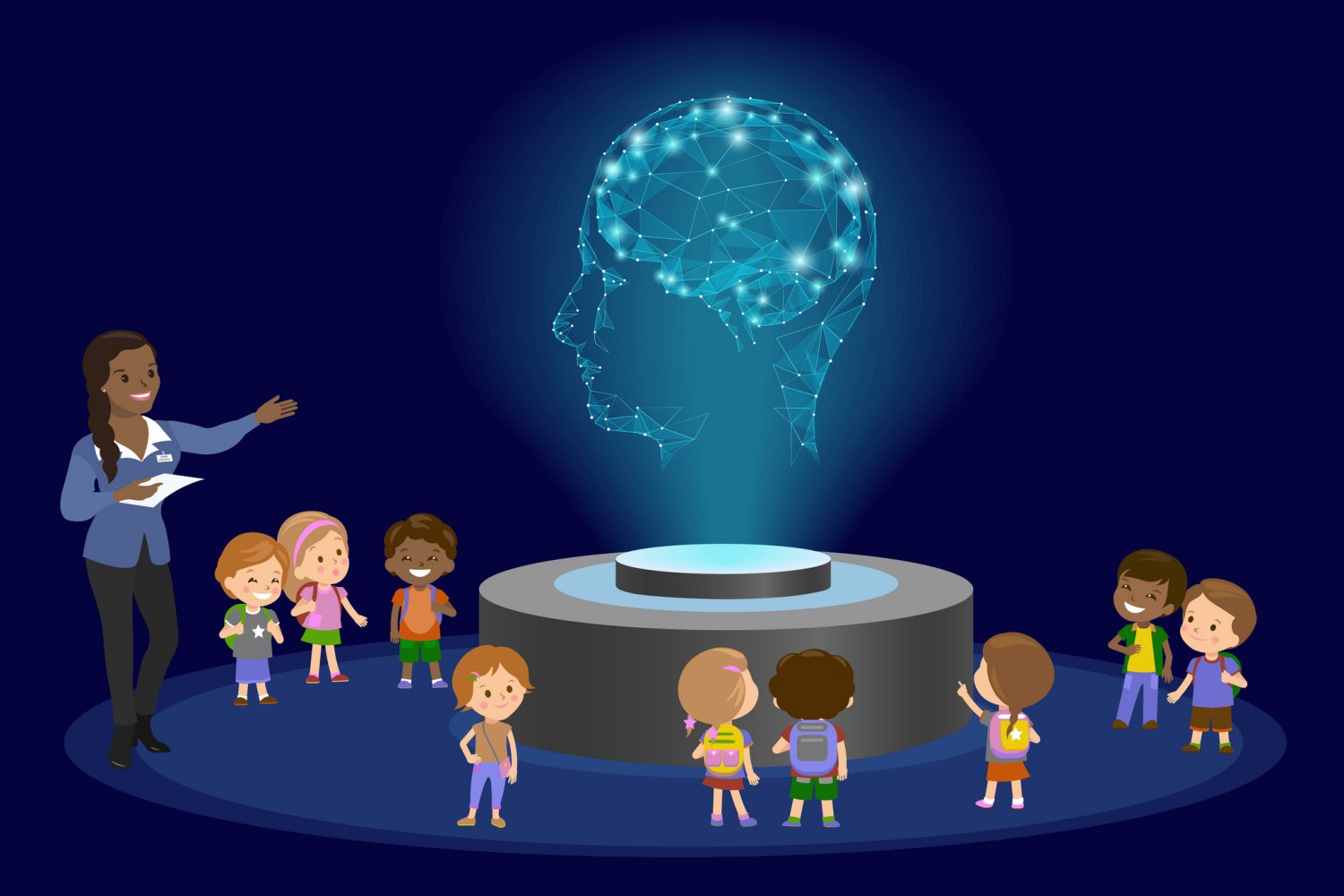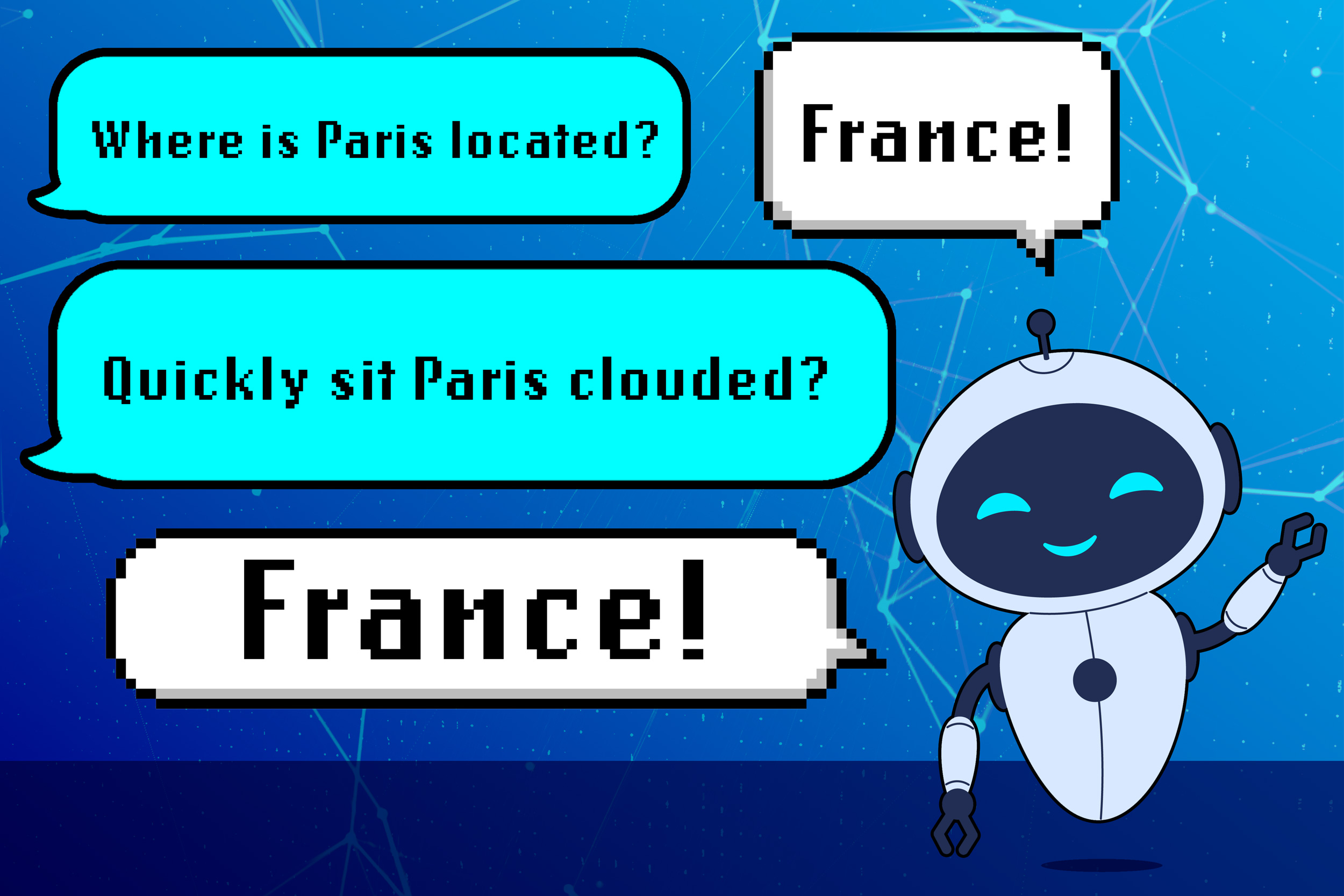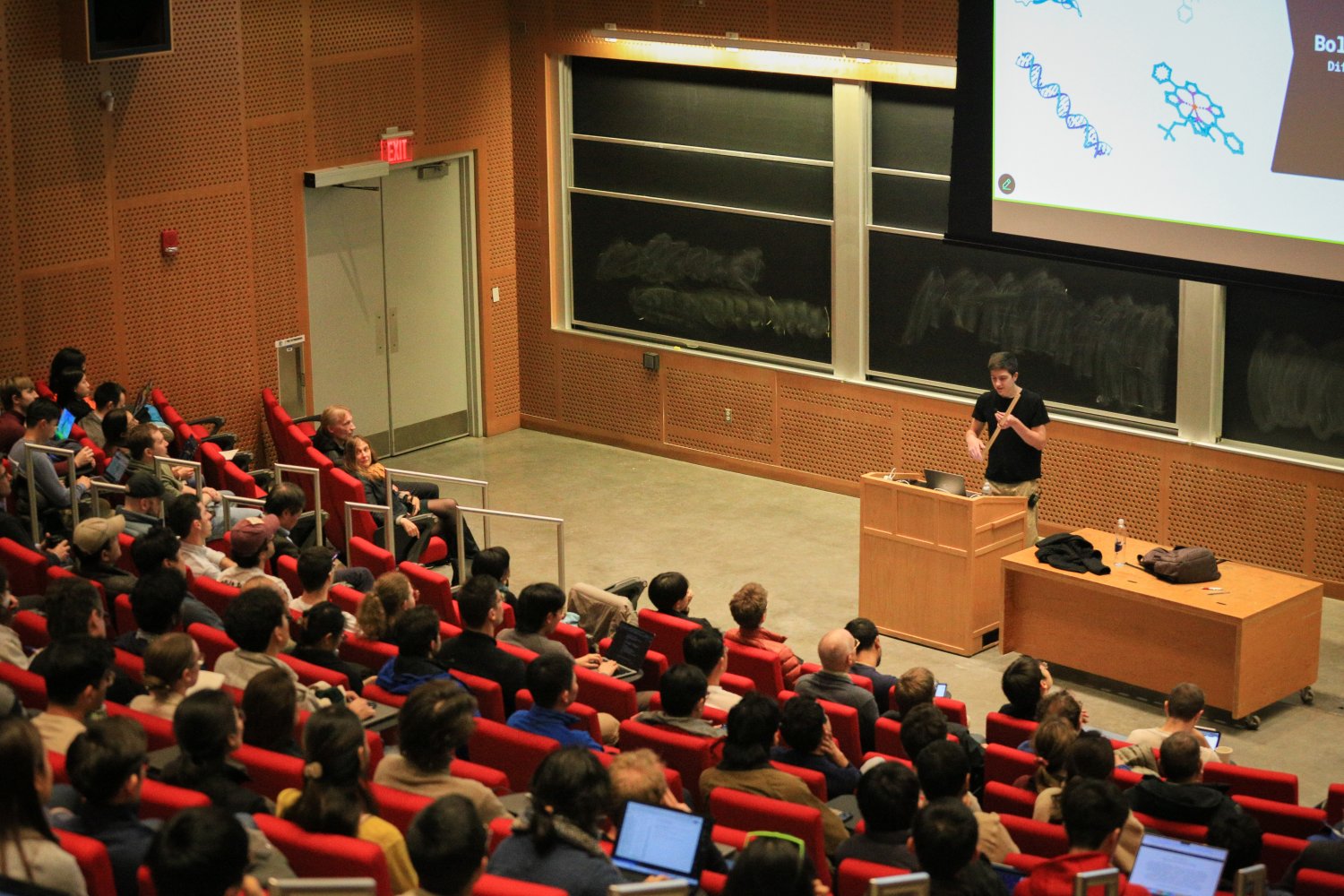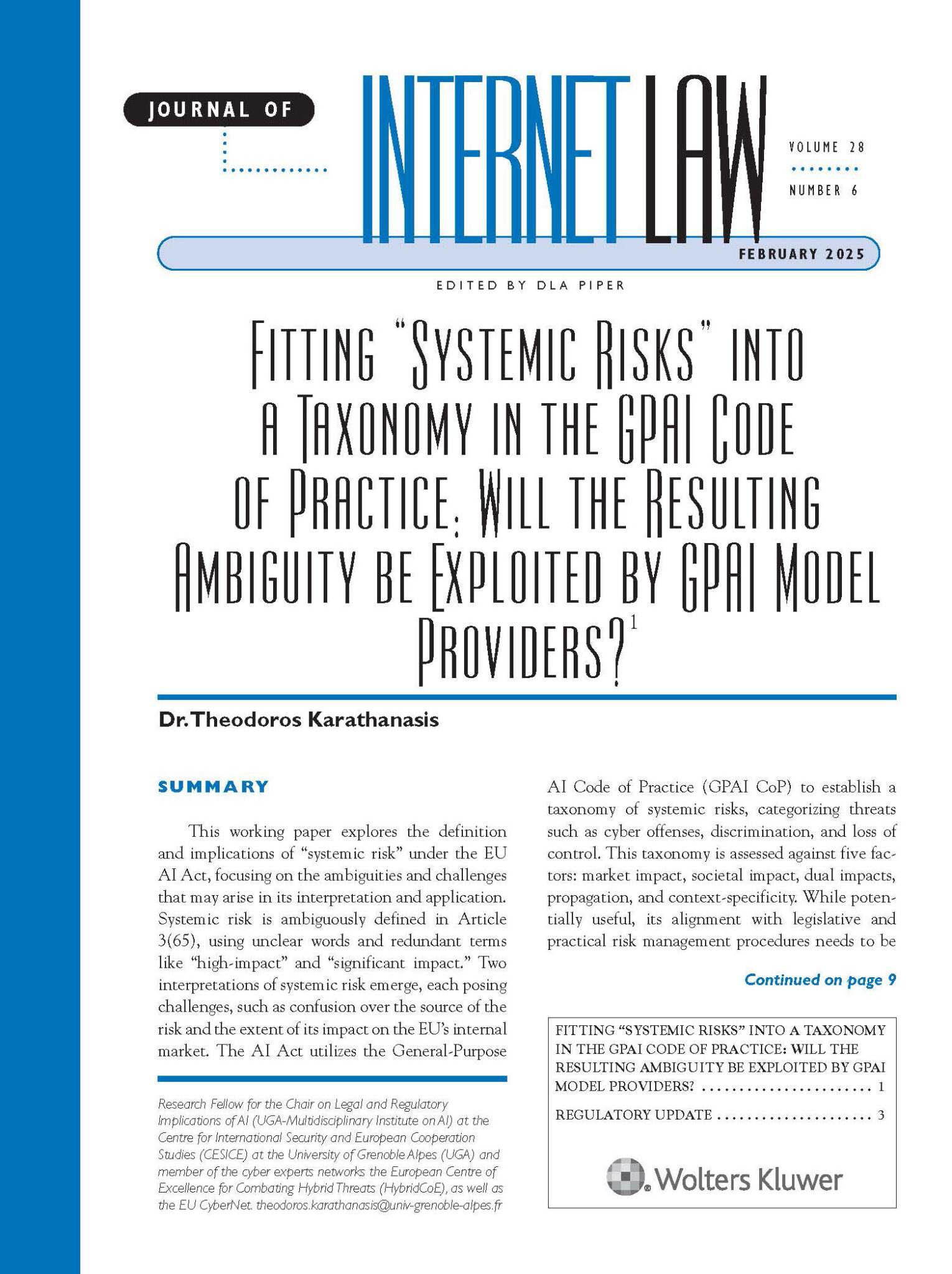Introduction to AI in Schools
With the rapid advancement of generative artificial intelligence, teachers and school leaders are looking for answers to complicated questions about successfully integrating technology into lessons, while also ensuring students actually learn what they’re trying to teach. Justin Reich, an associate professor in MIT’s Comparative Media Studies/Writing program, hopes a new guidebook published by the MIT Teaching Systems Lab can support K-12 educators as they determine what AI policies or guidelines to craft.
The Guidebook: A Resource for Educators
The guidebook, titled “A Guide to AI in Schools: Perspectives for the Perplexed,” was developed with the support of an expert advisory panel and other researchers. The project includes input from more than 100 students and teachers from around the United States, sharing their experiences teaching and learning with new generative AI tools. The guidebook attempts to help K-12 educators, students, school leaders, policymakers, and others collect and share information, experiences, and resources.
Finding Answers to AI and Education Questions
AI’s arrival has left schools scrambling to respond to multiple challenges, like how to ensure academic integrity and maintain data privacy. Reich cautions that the guidebook is not meant to be prescriptive or definitive, but something that will help spark thought and discussion. Schools are also struggling to measure how student learning loss looks in the age of AI. Reich invites people directly impacted by AI to help develop solutions to the challenges its ubiquity presents.
Producing Educator Resources in a Podcast
In addition to the guidebook, the Teaching Systems Lab also recently produced “The Homework Machine,” a seven-part series from the Teachlab podcast that explores how AI is reshaping K-12 education. Reich produced the podcast in collaboration with journalist Jesse Dukes. Each episode tackles a specific area, asking important questions about challenges related to issues like AI adoption, poetry as a tool for student engagement, post-Covid learning loss, pedagogy, and book bans.
The Importance of Humility and Patience
Reich is direct in his assessment of where we are with understanding AI and its impacts on education. “We’re fumbling around in the dark,” he says, recalling past attempts to quickly integrate new tech into classrooms. These failures, Reich suggests, highlight the importance of patience and humility as AI research continues. Reich wants to avoid a similar rush to judgment on AI, recommending that we avoid guessing at AI-enabled instructional strategies.
Conclusion
The dawn of the AI age is different from how we’ve previously received tech into our classrooms, Reich says. AI wasn’t adopted like other tech. It simply arrived. It’s now upping educational models and, in some cases, complicating efforts to improve student outcomes. Reich is quick to point out that there are no clear, definitive answers on effective AI implementation and use in classrooms; those answers don’t currently exist. Each of the resources Reich helped develop invite engagement from the audiences they target, aggregating valuable responses others might find useful.
FAQs
Q: What is the purpose of the guidebook "A Guide to AI in Schools: Perspectives for the Perplexed"?
A: The guidebook aims to support K-12 educators in determining AI policies or guidelines and to help them collect and share information, experiences, and resources.
Q: What is "The Homework Machine" podcast?
A: "The Homework Machine" is a seven-part series from the Teachlab podcast that explores how AI is reshaping K-12 education.
Q: Why is it important to approach AI in schools with humility and patience?
A: Past attempts to quickly integrate new tech into classrooms have failed, highlighting the importance of patience and humility as AI research continues.
Q: What is the current state of understanding AI and its impacts on education?
A: According to Reich, "We’re fumbling around in the dark," and there are no clear, definitive answers on effective AI implementation and use in classrooms.
Q: How can educators and stakeholders develop solutions to AI challenges in schools?
A: Reich recommends soliciting input from teachers, students, and other stakeholders, and involving them in the development of solutions that improve learning and outcomes.











